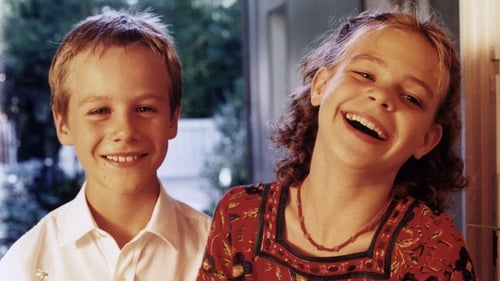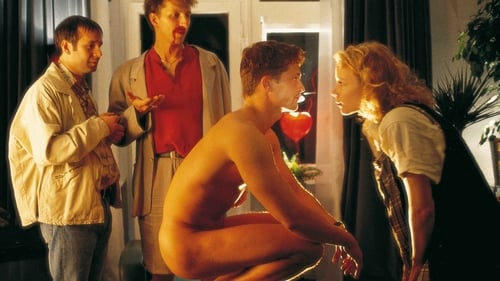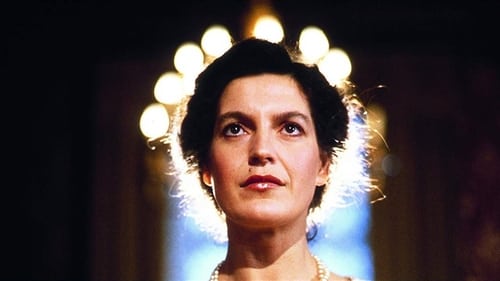
Costume Design
Luise, called Pünktchen, and Anton are closest of friends. Being the daughter of a wealthy surgeon, young Pünktchen lives in a great house. Her mother, who always travels through the world more for public relation reasons than for the social tasks she pretends to fulfill, is never available to her as a mother. Anton, son of a single and sick mother in financial trouble, does his best to help her out of it by working late. Pünktchen decides to help her only friend (as nobody else would anyway) and starts singing in public places. Trouble arises when Anton can't resist stealing a golden lighter and Pünktchen's secret life is discovered by her parents. Two troubled families finally can see the need for actions to be taken.

Costume Design
Beyond Silence is about a family and a young girl’s coming of age story. This German film looks into the lives of the deaf and at a story about the love for music. A girl who has always had to translate speech into sign language for her deaf parents yet when her love for playing music grows strong she must decide to continue doing something she cannot share with her parents.

Costume Design
Der Bewegte Mann is a German comedy about a heterosexual man, Axel, who is thrown out of his girlfriends home for cheating and ends up moving in with a gay man. Axel learns the advantages of living with gay men even though they are attracted to him and when his girlfriend wants him back he must make a tough decision.

Costume Designer
A beautiful young detective goes to the rescue of a teacher kidnapped by a former student.

Costume Design
Edith runs a left-wing journal and when her marriage starts to fall apart (her husband is unfaithful), she can find no solace in her son who is more of a problem than an asset. On top of heading toward a divorce and being unable to handle her son's asocial tendencies, her neurotic uncle moves in, demanding personalized care. Just to keep her sanity intact, Edith starts writing in her diary to vent her own feelings and ambitions. As her son goes from bad to worse over a five-year period, it turns out that Edith's diary may be of more benefit than she could have ever imagined. In this adaptation of Edith's Diary by Patricia Highsmith, director and writer Hans W. Geissendoerfer has maintained Highsmith's psychologically tormented characters while changing the location and time of her story from the U.S. of the 1960s to Germany in the early 1980s.




